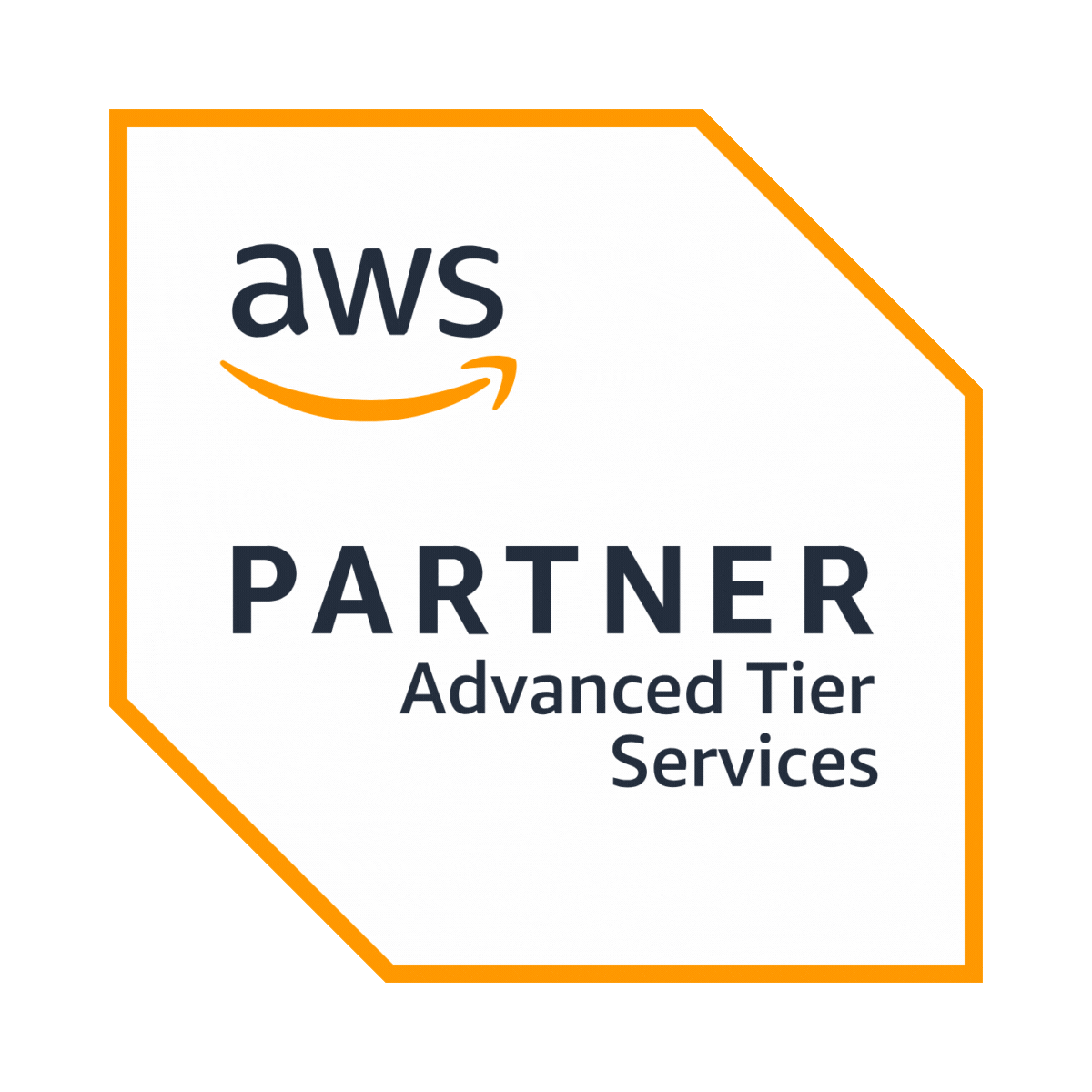Cloud managed services

Why enterprises need cloud managed services
of IT teams struggle with managing multi-cloud environments.
cost reduction achieved with proactive cloud resource optimization.
of businesses experience security vulnerabilities due to misconfigured cloud settings.
How we help businesses manage cloud environments
Ensure high availability, optimal performance, and cost efficiency with real-time cloud monitoring, proactive scaling, and continuous optimization.
Streamline cloud operations across AWS, Azure, Google Cloud, and private cloud platforms, ensuring seamless workload orchestration.
Leverage infrastructure as code (IaC), CI/CD automation, and container orchestration to enhance cloud agility and reduce deployment risks.
Implement industry-standard security frameworks, including GDPR, HIPAA, SOC 2, and ISO 27001, with continuous threat monitoring and risk mitigation.
Reduce cloud costs by eliminating underutilized resources, applying auto-scaling strategies, and leveraging reserved and spot instances.
Implement automated backup strategies, failover mechanisms, and high-availability configurations to ensure business continuity.
What you’ll get

Prevent downtime and inefficiencies with real-time performance insights and automated scaling.

Eliminate wasted resources and optimize billing strategies to maximize ROI.

Ensure continuous compliance, vulnerability management, and proactive threat detection.

Accelerate development cycles with automated deployments, containerized workloads, and DevOps best practices.

Orchestrate workloads efficiently across public, private, and hybrid cloud environments.
What’s trending
Cloud computing continues to be a driving force in digital transformation, enabling businesses to scale operations, improve efficiency, and enhance security.

Migrating applications to the cloud is a major step in modernizing IT infrastructure, but without a proper assessment, businesses risk unexpected costs, security vulnerabilities, and performance issues.
The shift to cloud-based SaaS (Software as a Service) solutions is a critical part of digital transformation for enterprises today. Companies are moving from on-premise and legacy applications to SaaS to achieve scalability, reduce operational costs, and enhance agility.
Our customer stories

Our customer, a leader in the medical technology industry, leveraged real-time patient data from their cardiac monitoring devices, to predict events and provide early intervention to save lives.


This project entails the development of a proof of concept to build a scalable and efficient data architecture, laying the groundwork for innovative AI and business intelligence applications.


Our customer, a leader in the entertainment industry, sought to enhance their content creation capabilities using Generative AI.

Cloud management journey
ensure real-time monitoring, compliance adherence, and security enforcement.
leverage AI-driven insights and automated scaling to control cloud spending.
implement CI/CD, containerization, and orchestration for faster innovation.
Frequently asked questions
A data lake provides centralized storage for all data types—structured, semi-structured, and unstructured—without predefined schema requirements. It allows for greater flexibility and scalability than traditional storage systems.
Data lakes are designed to store raw datasets that can be used to train machine learning models, supporting seamless integration with AI/ML tools and frameworks.
Yes, modern data lakes support real-time streaming and processing, enabling businesses to gain immediate insights and respond to dynamic changes effectively.
Data lakes can be secured with encryption, access control, and compliance frameworks to meet global data protection standards like GDPR and HIPAA.
Absolutely. Data lakes are built on cloud-native architectures that allow for effortless scalability to meet growing data storage and processing needs.











